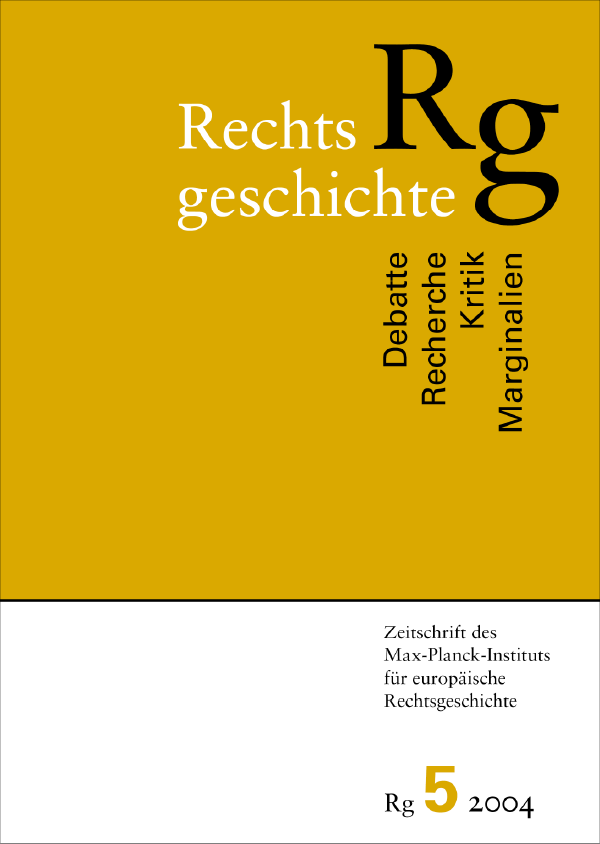Späte Gerechtigkeit
Folgen eines nationalistischen Überschwangs
DOI:
https://doi.org/10.12946/rg05/190-206Abstract
The war criminals of World War II had speedy trials in the former socialist countries. Only those perpetrators who had succeeded in leaving their countries before the victory of the anti-fascist alliance were spared the death penalty. Some of them could live for decades peacefully in their new homelands – especially in both Americas. For decades Argentina was a safe haven for European war criminals. This was also the case with Dinko Šakić who had been a commander of the notorious Ustasha-camp Jasenovac for several months in 1944. After the international recognition of the Republic of Croatia at the beginning of 1992, Šakić seemed to have felt utterly at ease and drew considerable attention upon himself – by giving interviews (on TV and in newspapers) and scandalous comments about the Ustasha-regime – so that eventually the Croatian legal institutions started dealing with him. Having established the existence of a founded suspicion that Dinko Šakić as the commander of Jasenovac camp on the territory of the »Independent State of Croatia« allegedly committed a criminal offence, a war crime against the civilian population as defined by Article 120, Paragraph 1 of the Basic Criminal Law of the Republic of Croatia, the investigation judge issued a decree on April 21, 1998 and subsequently Šakić’s extradition was requested from the Republic of Argentina. The county State Attorney filed the indictment on December 14, 1998 and the trial at the Zagreb County Court began on March 15, 1999 and was terminated after 56 days of trial. The judgement was pronounced on October 1, 1999: Šakić was found guilty on all charges but two and sentenced to the highest punishment of 20 years in prison. The verdict and the penalty were confirmed by the first and second Appeals Chamber in 2000.
Downloads
Veröffentlicht
Zitationsvorschlag
Ausgabe
Rubrik
Lizenz
Copyright (c) 2004 Autor/in

Dieses Werk steht unter einer Creative Commons Namensnennung - Nicht-kommerziell - Keine Bearbeitung 3.0 International -Lizenz.





